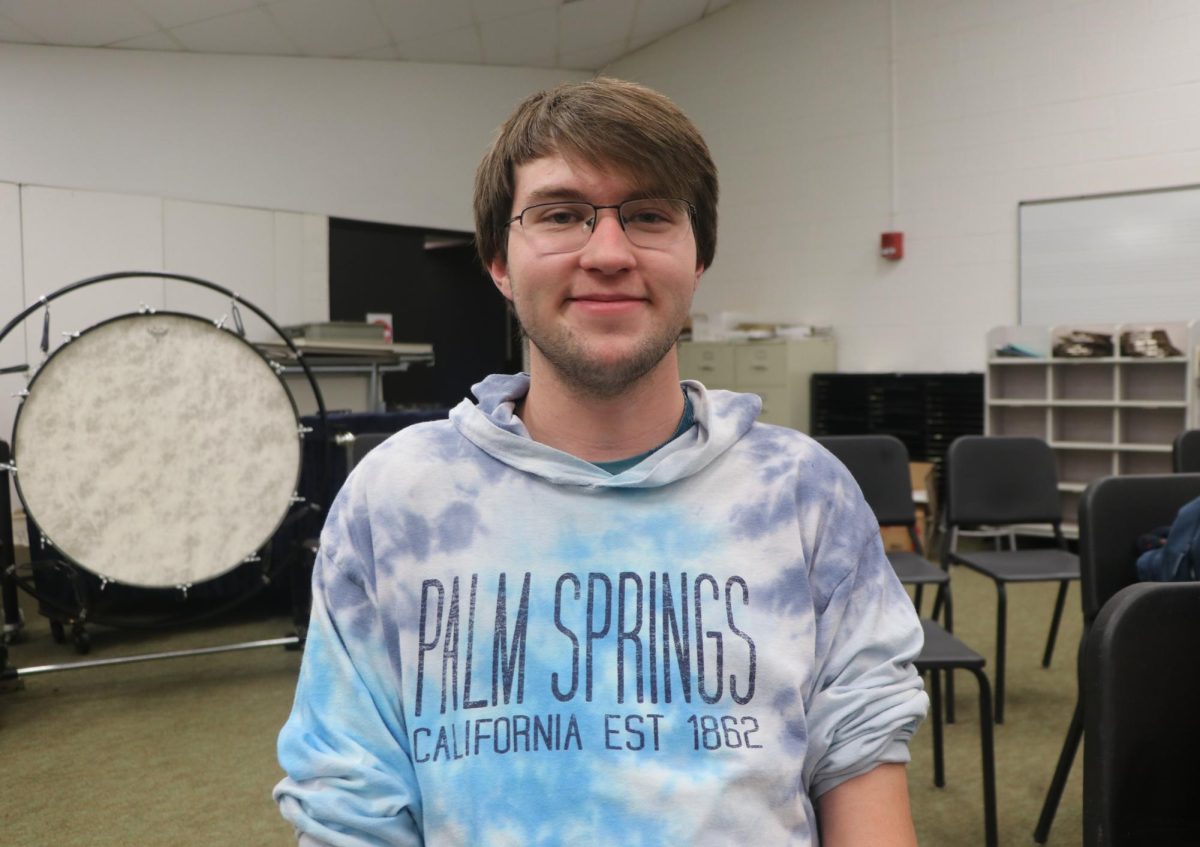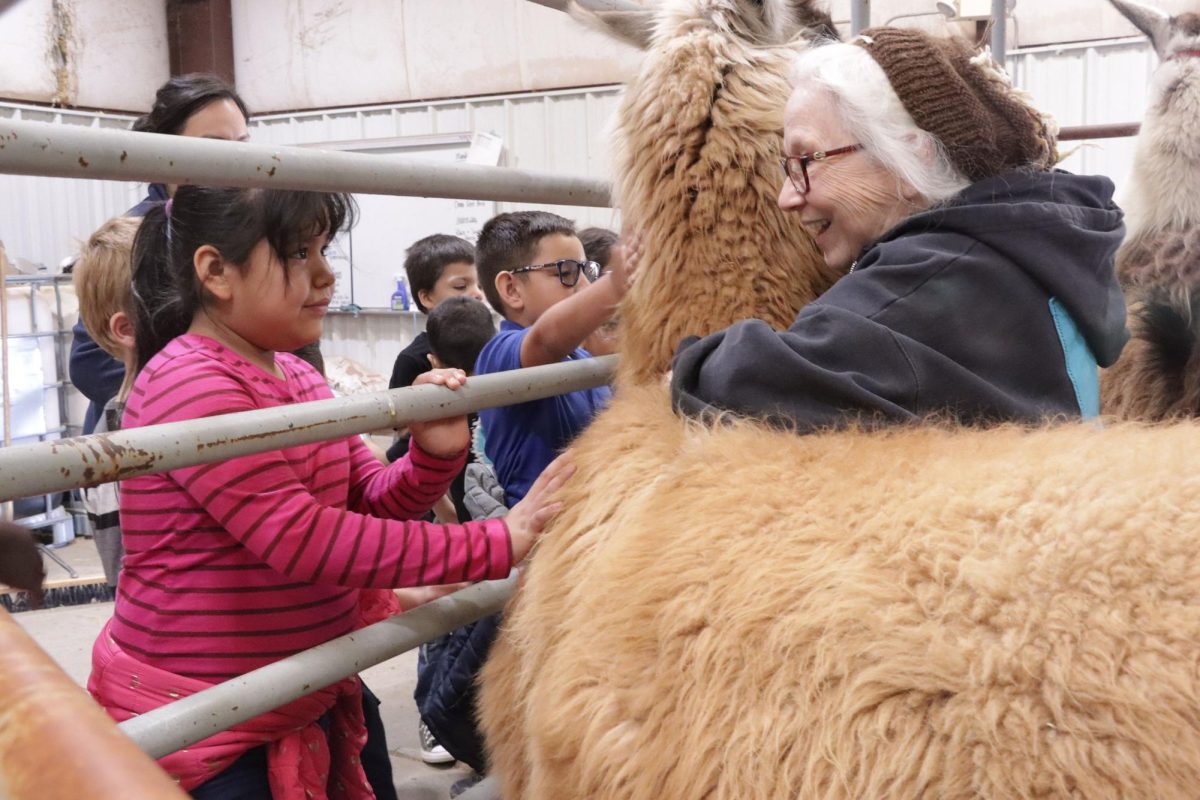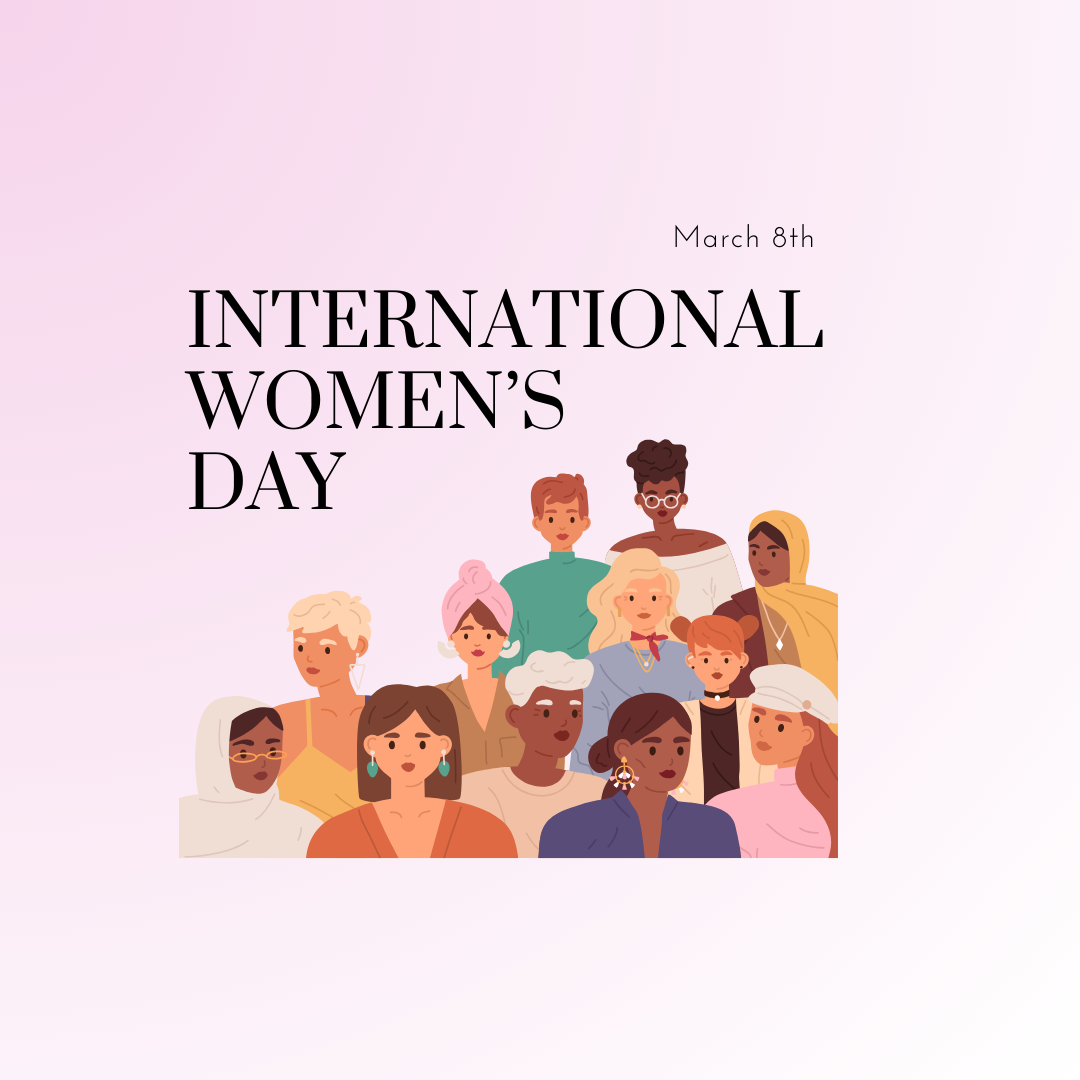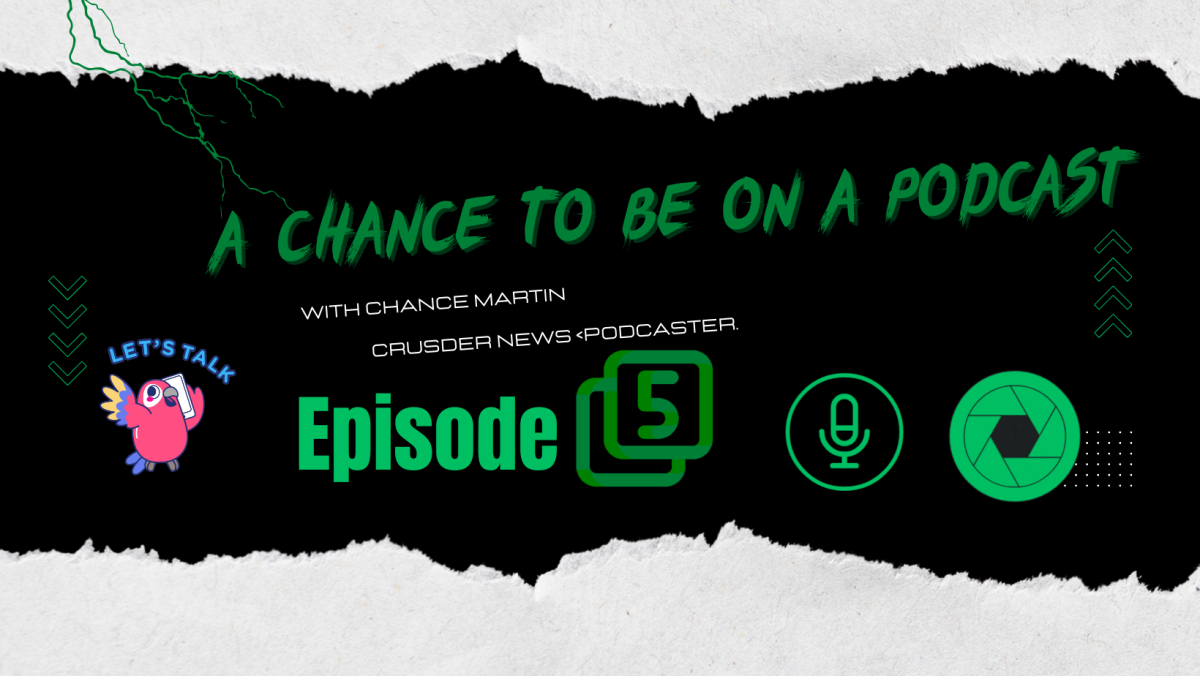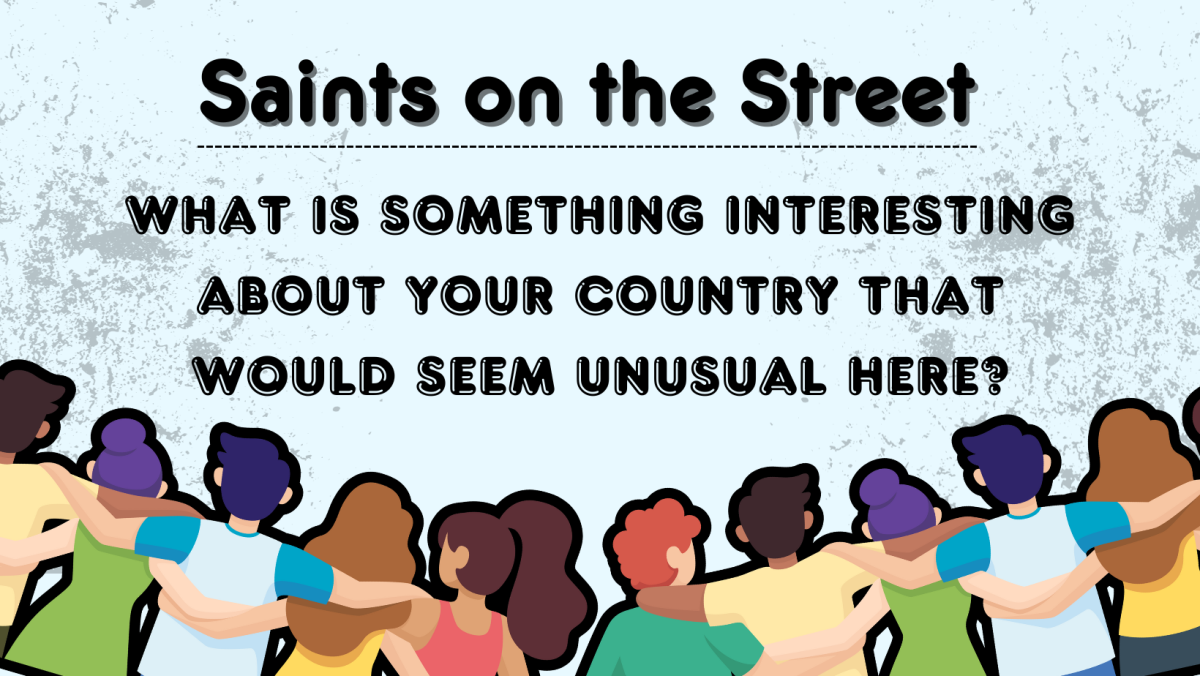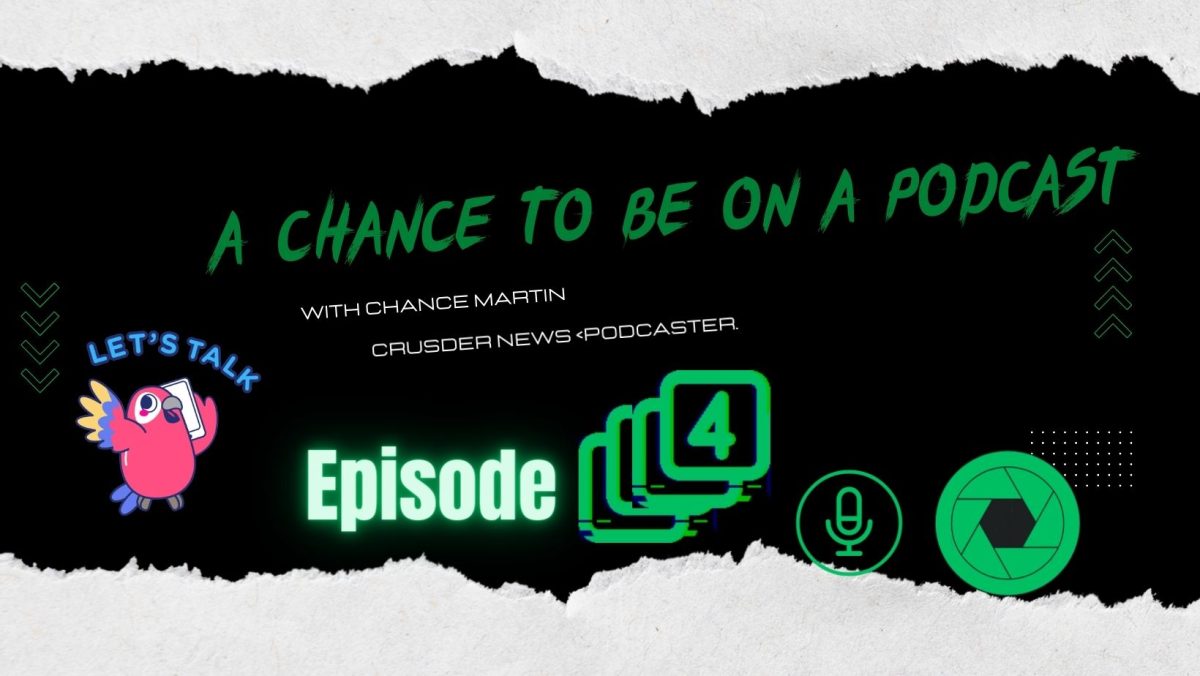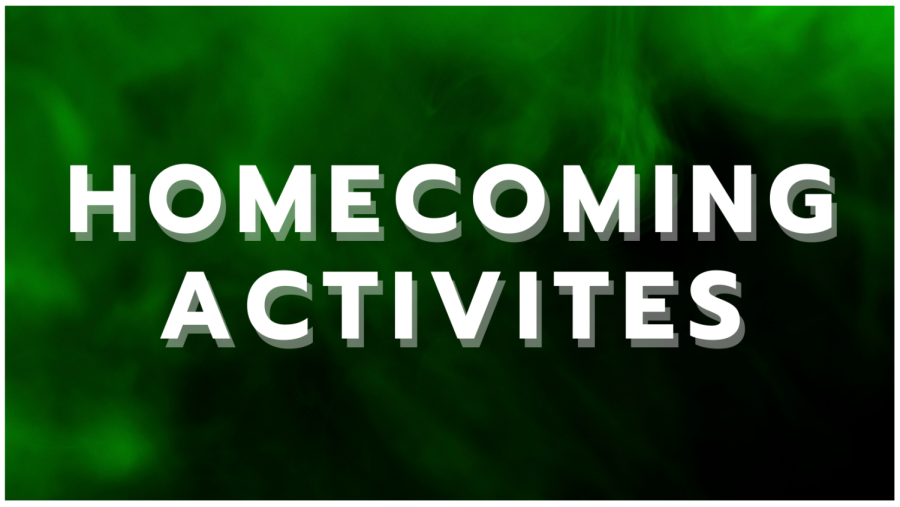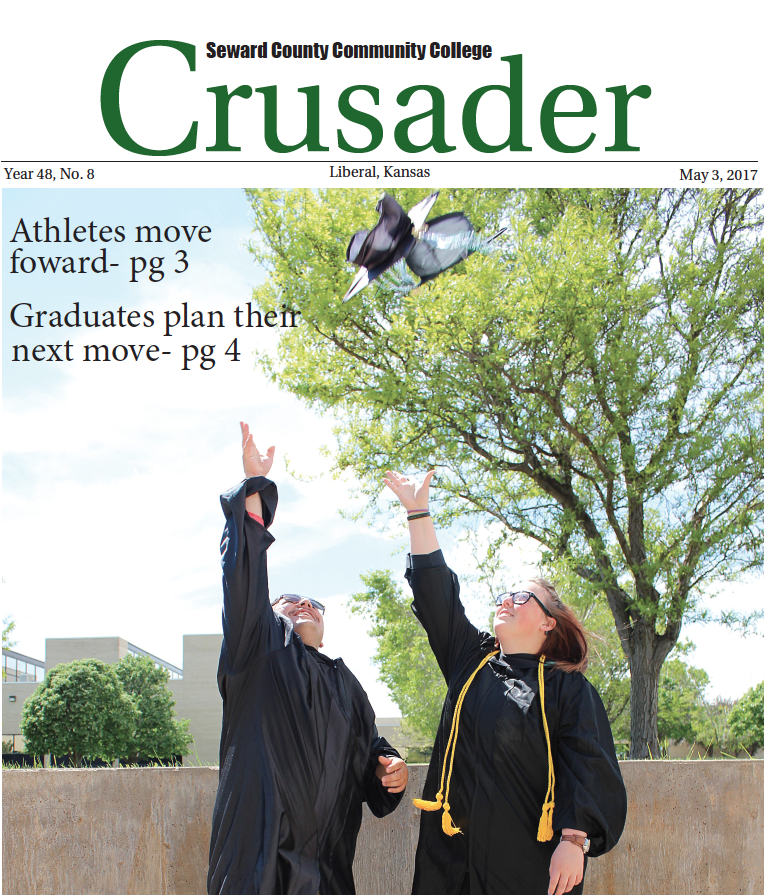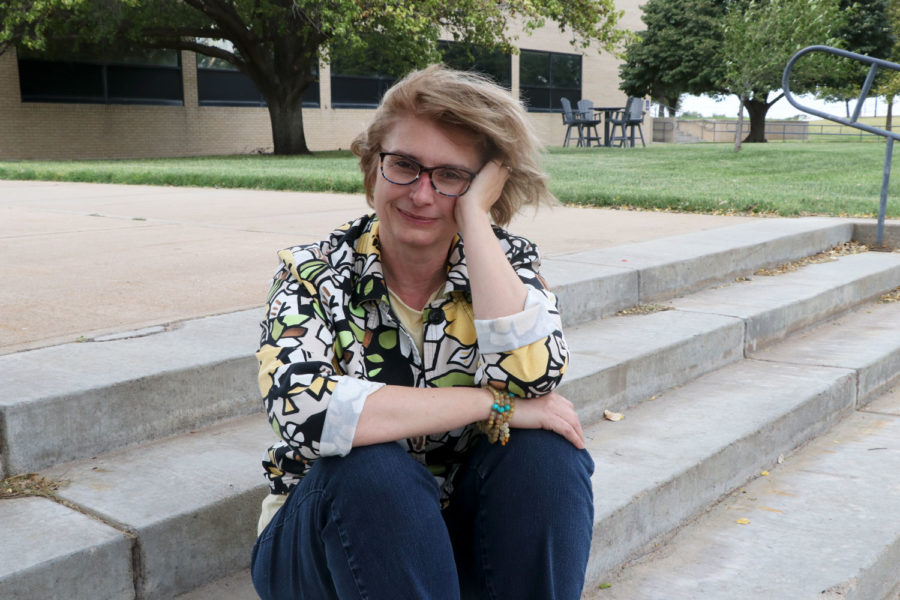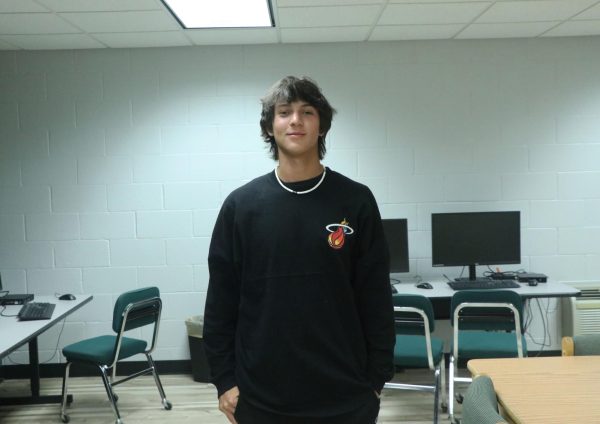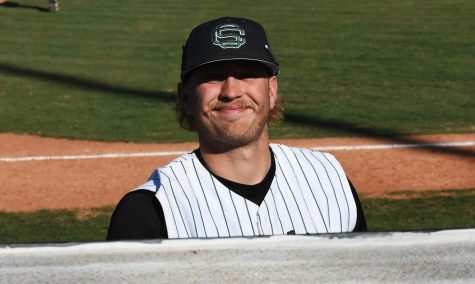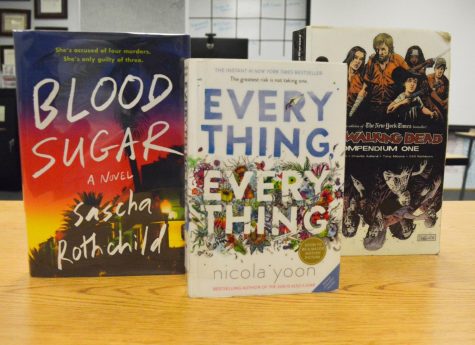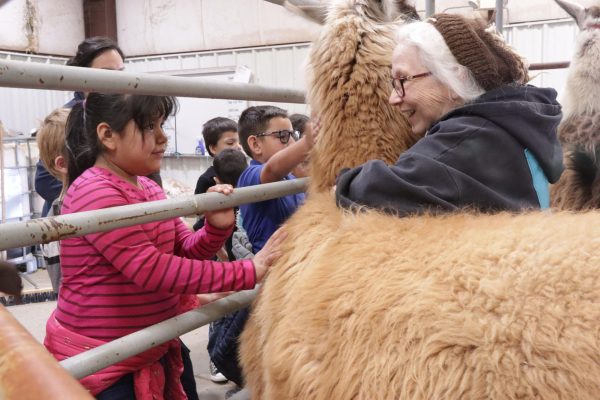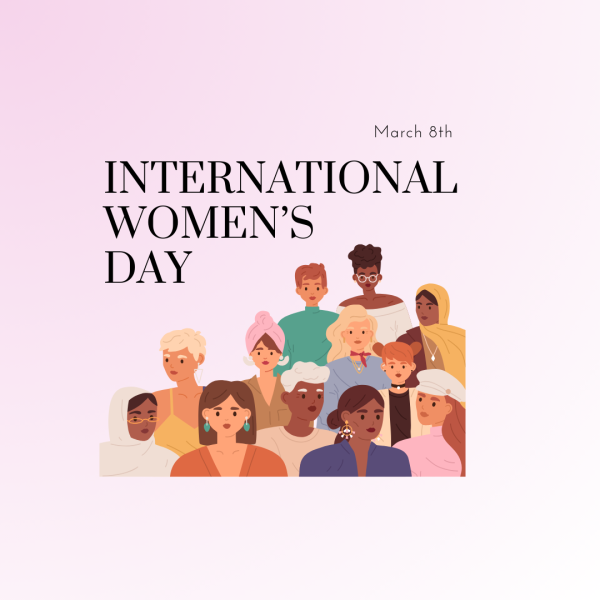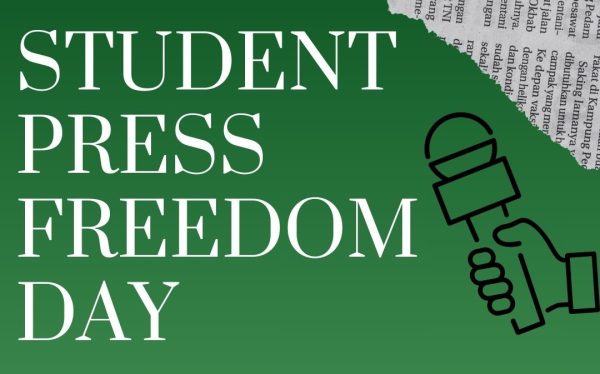Muntz starts first year in English department
Crusader sits down with the veteran instructor for a Q&A session to help students get to know her better.
During her free time, Muntz says she is currently trying to unpack, as shes only been in Liberal a little over a month. She also enjoys bird watching and gardening.
From growing up in a small town in Iowa, to previously teaching in Bloomington Normal, Illinois, Lori Muntz has made it her next step in life to teach at Seward County Community College as the new English Composition and creative writing professor here.
Muntz tells us a little bit about herself, her past and her expectations for her next upcoming years at SCCC.
Q: How do you feel about being new on campus?
A: I love it, I love it! Before we started recording, I was mentioning how today I’ve had seven students drop in. And that’s average! I think about eight or nine students drop into my office to ask questions, plus all my classes, I’m really enjoying it so far.
Q: Speaking of classes, what are you teaching this semester?
A: I teach English composition and creative writing. In the spring, I will probably be teaching American Literature II and will be coordinating Telolith and the coffeehouse. Next year, i’m looking forward to teaching service learning. I’ve done that in the past, where its been whole group activities. So, my writing class would partner with food banks in town and what we did was, the students interviewed the people who volunteered and people who were clients and then turned their stories into products for the food banks like stories on the website.
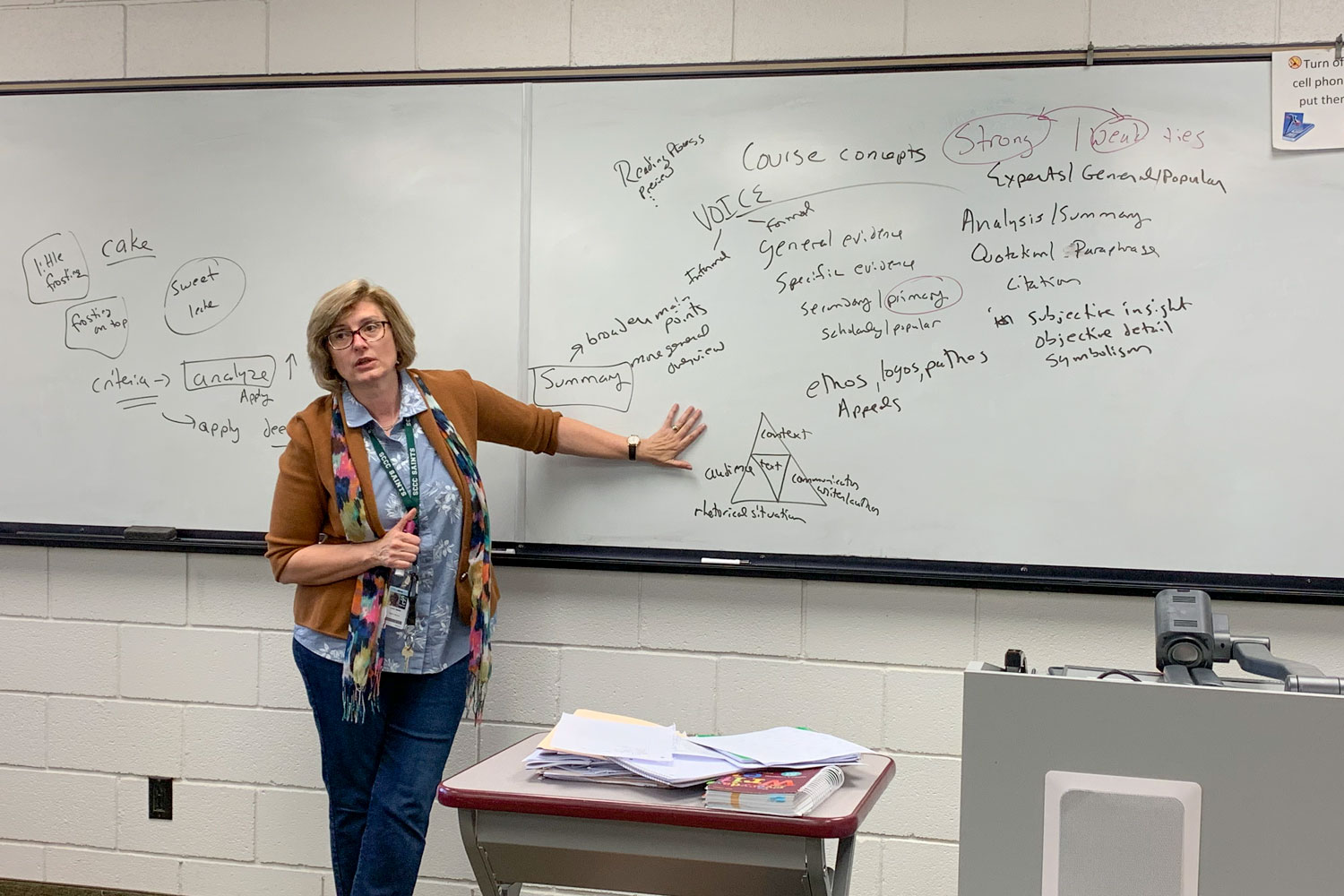
Lori Muntz is the new English composition and creative writing instructor at SCCC. She has taught at various community colleges and universities, such as Iowa Wesleyan University, Illinois Central College and Heartland Community College
Q: What are your goals this year?
A: One of my goals this year is to understand the policies and to start getting connected to community partners as well, so that next year I will have a project that my students would be interested in. But I gotta lay the groundwork this year, for next year. I also want to visit—I think it’s apart of the national wildlife refuge—Quivira, it’s part of the fly away for birds migrating and whooping cranes. So, since i’m a bird watcher, I really would love to go.
Q: You like birds? I didn’t know that.
A: I love birds! My favorite type of birds are King fishers. They’re little green helicopters, they’re brilliantly beautiful and their call is very, very unique.
Q: Have you always loved birds?
A: No actually, in grad school it was when my there was a lot of family stuff going on, just family being sick, my dad and my brother. I just started out going bird watching and there was a group in the county where I was at and so we would take walks out in parks so that’s where it started.
Q: Have you seen any particular birds here that you like?
A: Well I’ve been struck by all the doves, they’re everywhere around my apartment. I haven’t seen much yet, so that’s why i’m excited to go to the wildlife refuge.
Q: What else do you like about nature?
A: So, when I was in Mount Pleasant, Iowa, I taught at Iowa Wesleyan University for about seven years and I was on the county conservation board there and I was the first woman to have that position for several decades. I did that because of service learning. When I involved my students with nature, I realized that nature is an educational opportunity. Getting students out in nature, understanding the opportunities it provides us, and understanding that people have to hunt and fish. I mean it’s a way of life, it matters in terms of culture. There’s lots of ways nature is important.
Q: So where have you lived?
A: I grew up in Southeast Iowa and Northeast Missouri in very small rural communities. My graduating class had about 60 in it. I was in and out of college as a young adult and ended up in Austin, Texas. So, I was there for 10 years and graduated from the University of Texas at Austin with a Bachelor of Arts in English. That was in my 20’s and 30’s. I then worked part time and so I put myself through school. I was a legal secretary and so I did a lot of typing and going to court houses and filing things.
Q: Did you enjoy that ?
A: I was good at it and I was with a group of attorneys who encouraged me to go to college and then once i was done, they encouraged me to go to graduate school, so it was a very supportive place. But writing wills gets very tiring and eventually you want to move onto something else.
I think English education is probably the most important thing in the world in order to communicate, research, have a job you want, and work as a citizen effectively.
— Lori Muntz
Q: What was your next degree?
A: A masters degree in English, a PhD in English and a graduate certificate in American Indian and Native Studies, all at the University of Iowa.
Q: What interested you about those studies?
A: I started out thinking about women’s writing in early America, and so many of those stories had something to do with indigenous people. Often stories of interactions. So when I was in grad school, I was very fortunate to have native professors who encouraged their students to look at the other perspective. This also gets into politics, like whose land is it and what happened.
Q: What are the politics?
A: I think i’m responsible for knowing the history and I think i’m responsible for knowing the inequities and injustices that have come from that history and trying my best to respond to that. We only live in the moment we live in and we can only do so much. So when I think about my grandparents passing and the Native Americans who used to live on their farm, the Native Americans were forced off of the land in the region. I also think about how my grandparents farm was sold and how there has a been a benefit to my family because of that injustice.
Q: So going back to your jobs, when did you begin teaching?
A: I first started as a graduate instructor in 1996 at the University of Iowa. I started as a GA with my own courses and then once I got done with my PhD in 2006, I worked as an adjunct instructor in Cedar Rapids and then I went to Iowa Wesleyan University in Mount Pleasant Iowa. That was my first time full teaching job. I was there for 7 and a half years and then I taught at community colleges in Bloomington Normal, Illinois and Peoria, Illinois because of my husbands job.
Q: So because you moved so much how does it feel being in Liberal where everything is different?
A: It’s exciting! I want to do a good job here, i’m thrilled to be meeting so many students and learning from them. I think English education is probably the most important thing in the world in order to communicate, research, have a job you want, and work as a citizen effectively.
Q: Why do you think many students don’t think English is so important?
A: Well because they’ve had a bad experience with it, they’ve been crushed by it and not by anybodies intention, so its hard. In order to change that, it’ll take one one heart and mind at a time. You have to show students you care and you have to be fair and direct. It takes a long time to become a good teacher, you have to know yourself very well and be comfortable with yourself so that people can trust you. The best learning happens when students are willing to be vulnerable. To say “I don’t know” is to be vulnerable and that’s when you’re really going to learn something.
This interview has been edited and condensed.
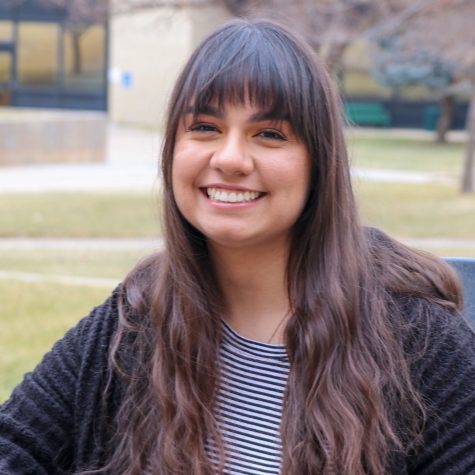
Annette Meza is a sophomore journalism major. She is 19 years old and was born and raised in Liberal. In her free time, she...

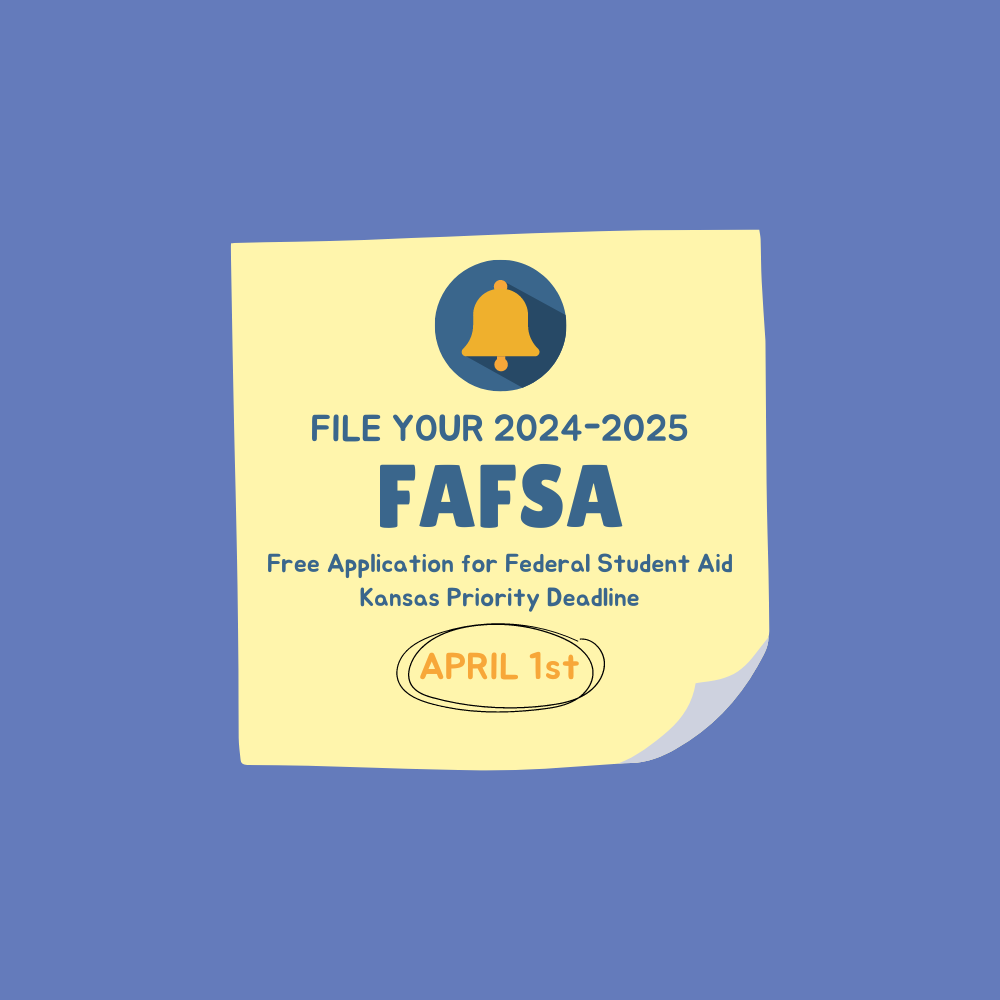
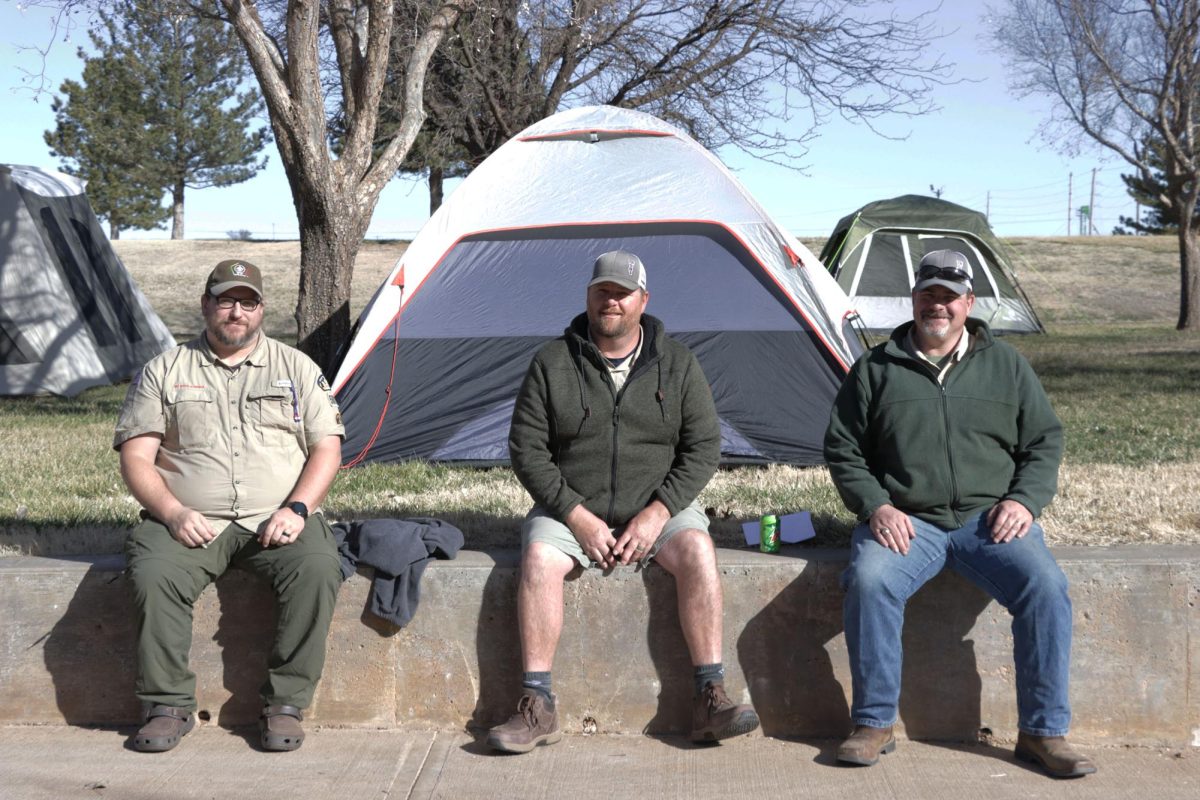
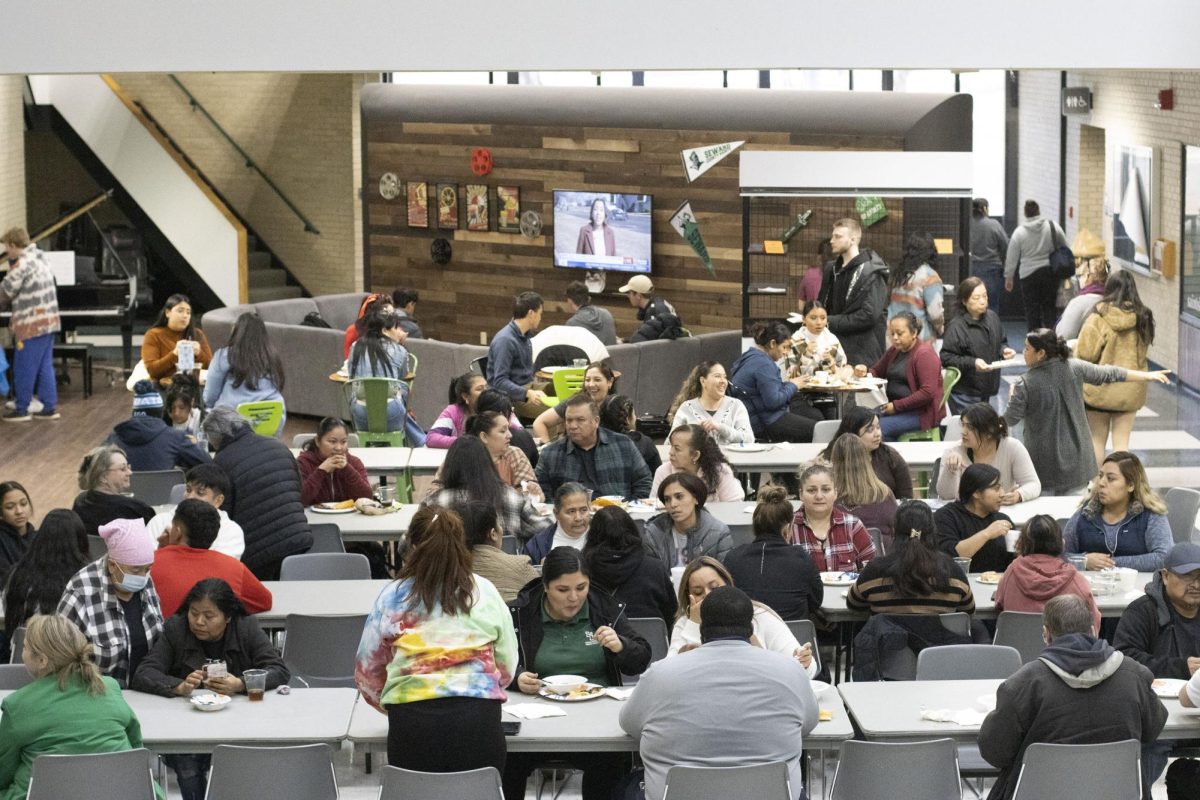

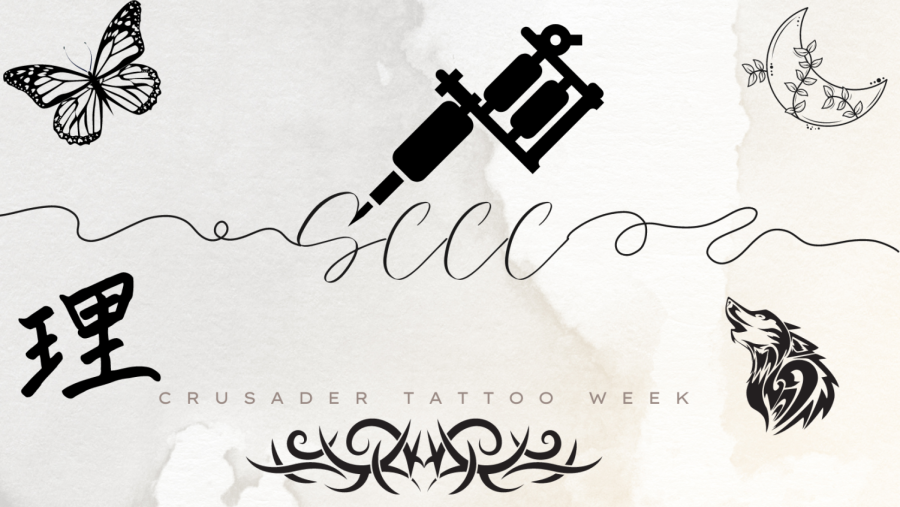








![The sophomores were recognized on the field instead of walking across the stage during their doubleheader. They received their diplomas and a picture of themselves playing during their career at Seward. [Pictured left to right are Dylan Day, Reed Thomas, Jase Schneider, Mason Martinez, Gannon Hardin, Brody Boisvert, and Zach Walker]](https://crusadernews.com/wp-content/uploads/2022/05/WEBDSC_0275-900x454.jpg)
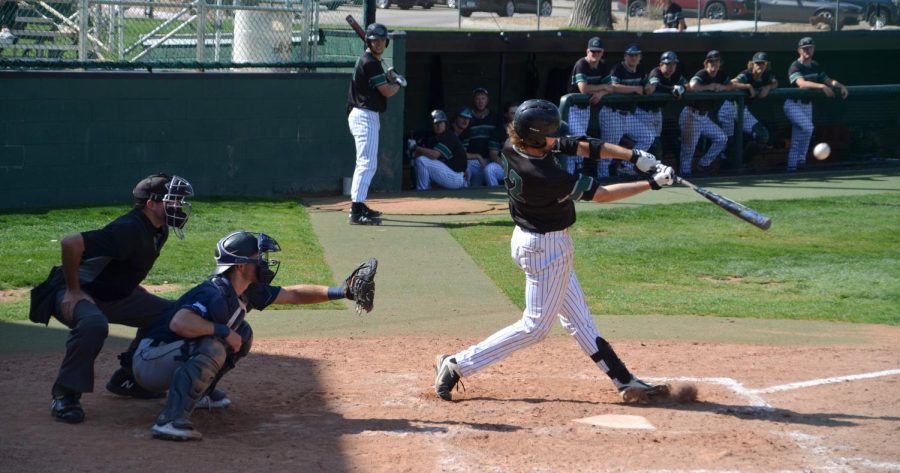




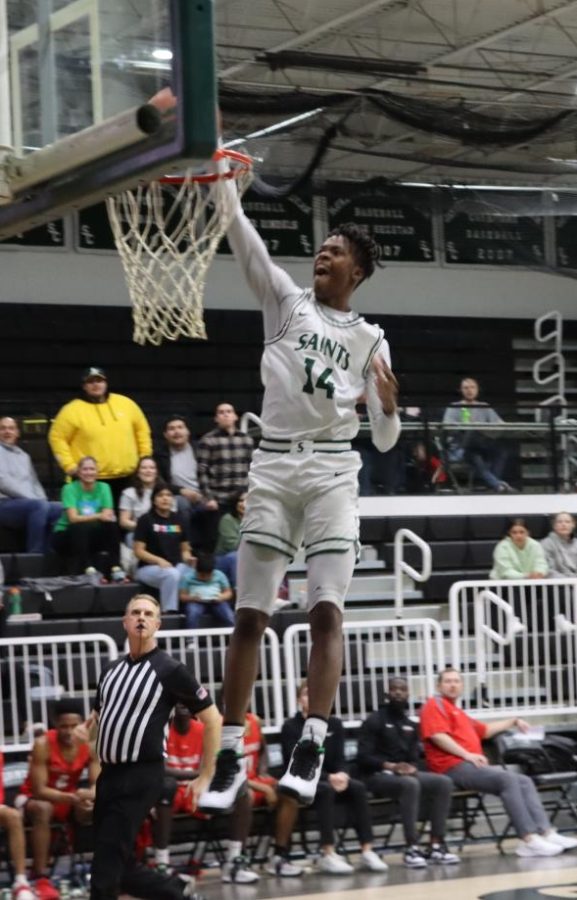








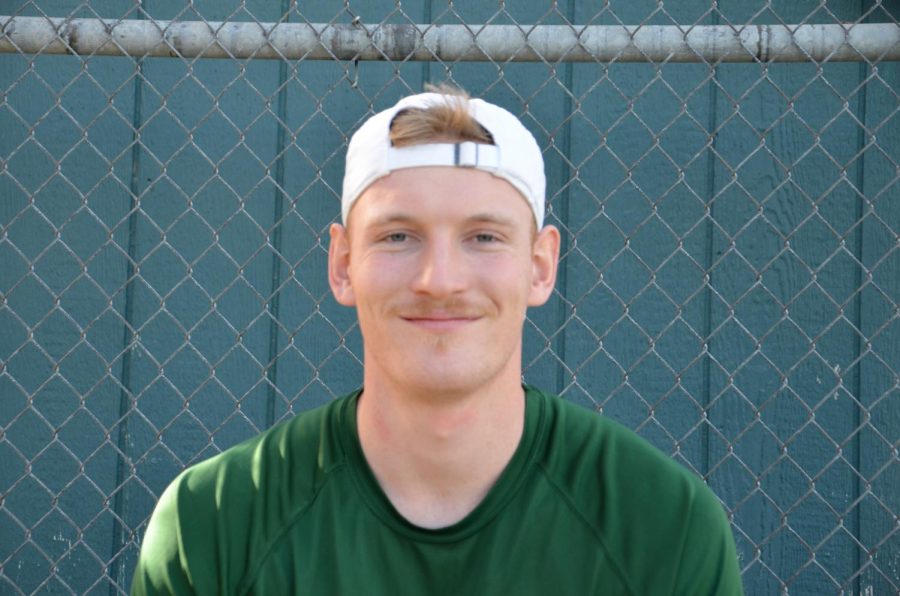



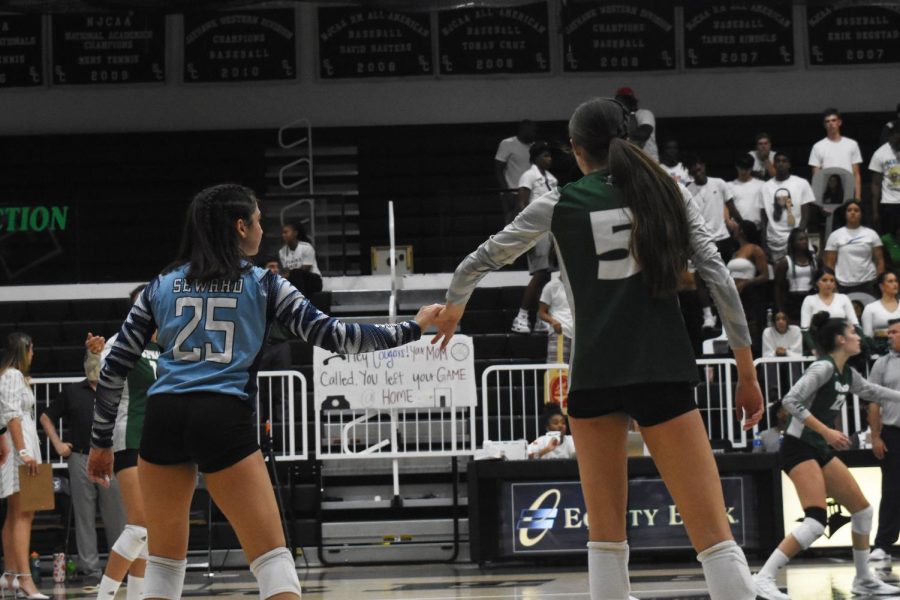
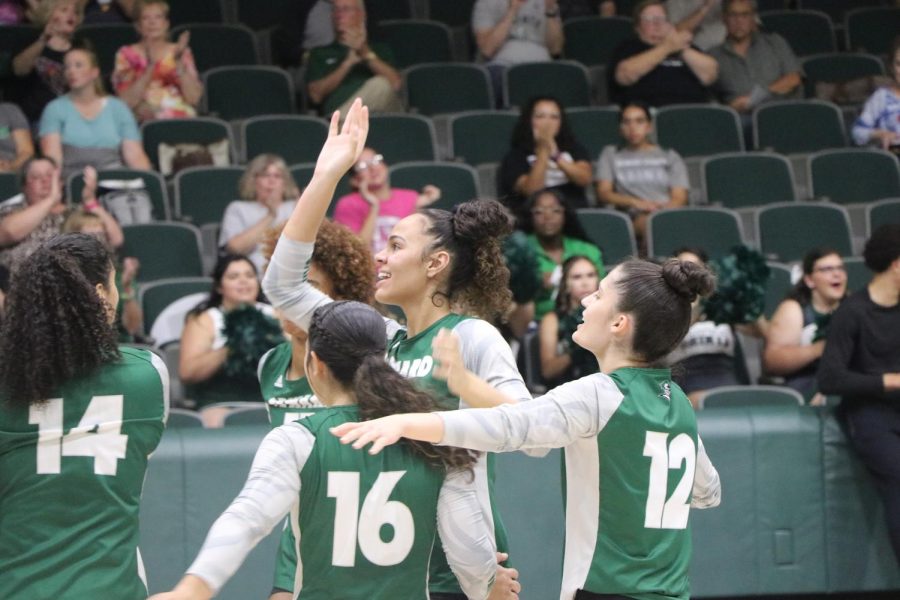



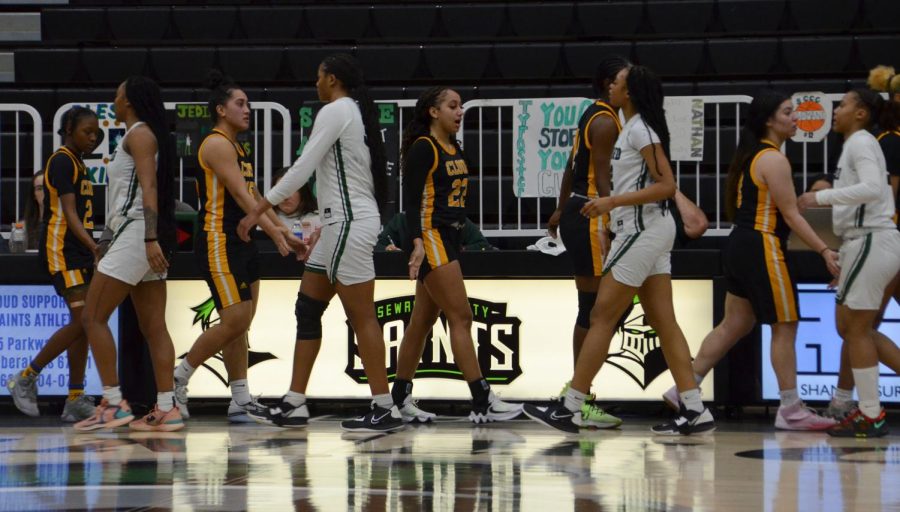
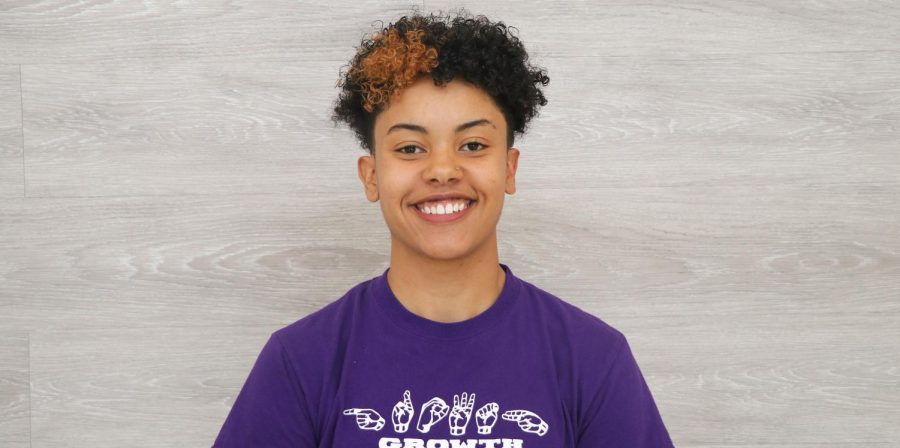
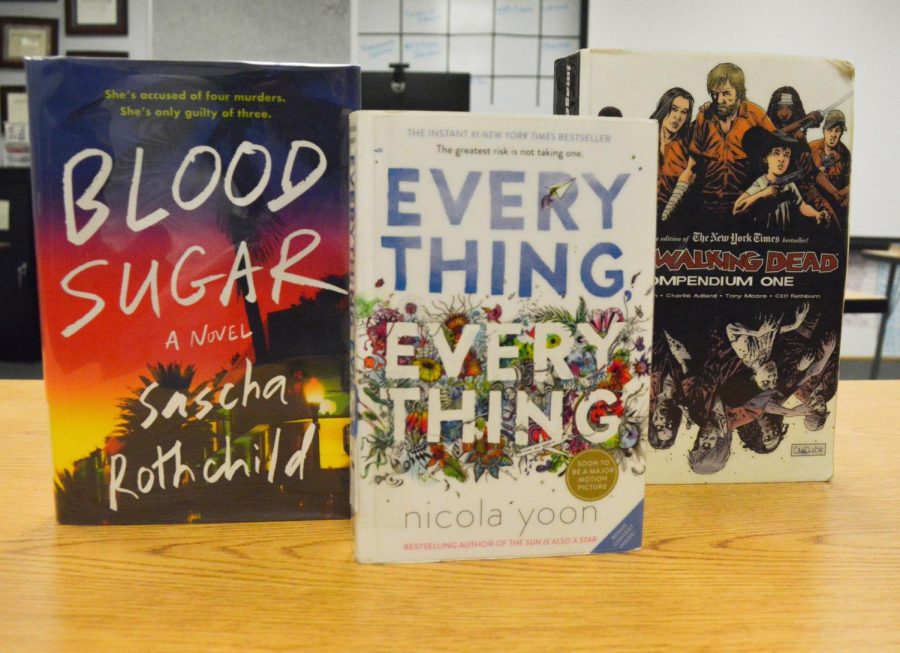


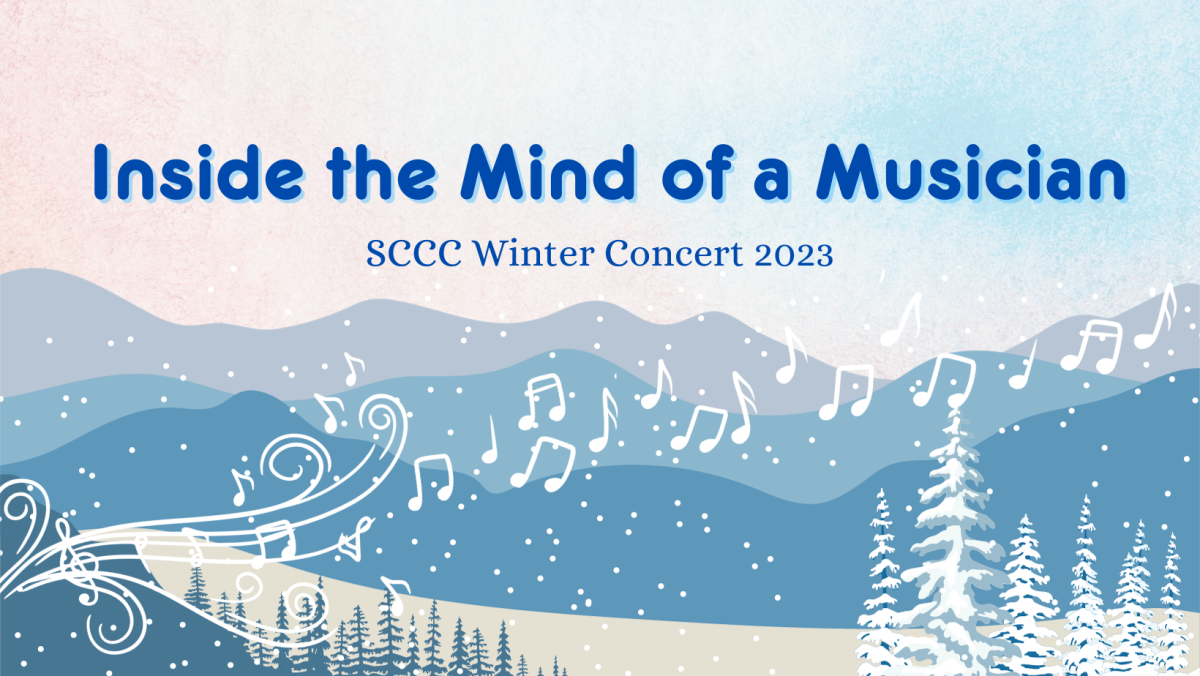
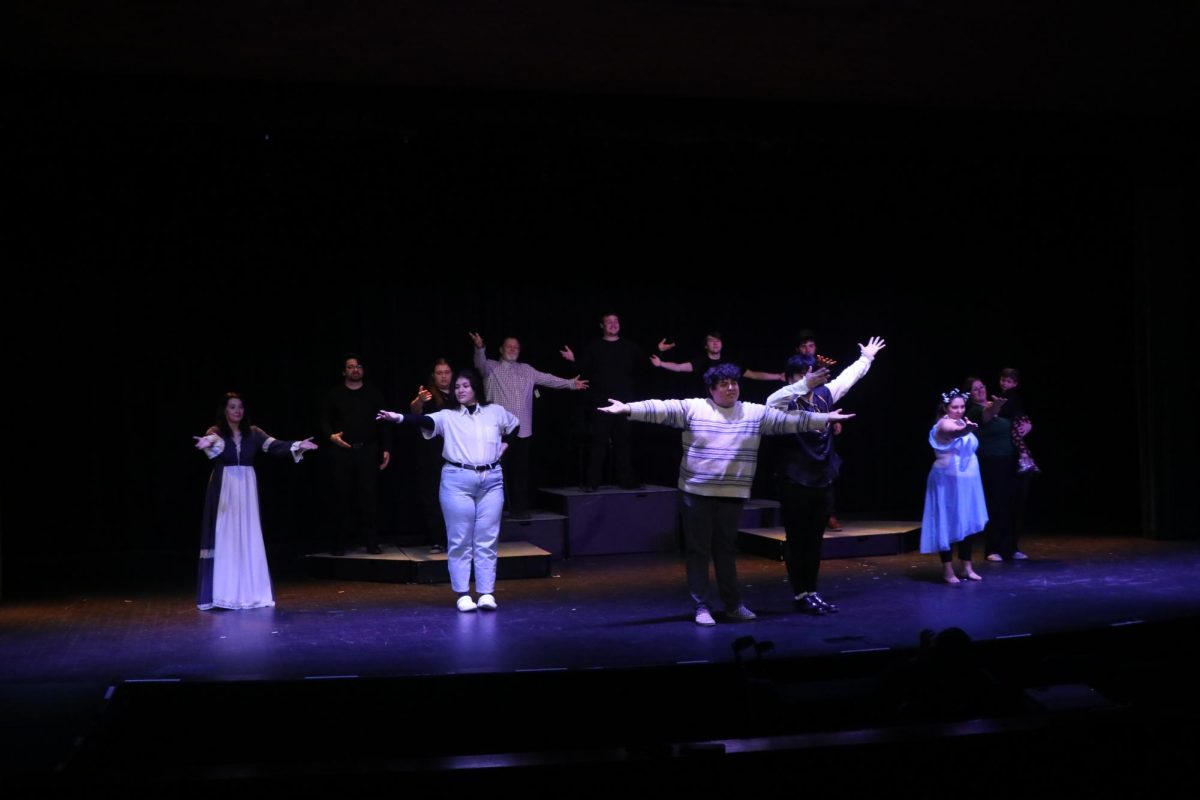




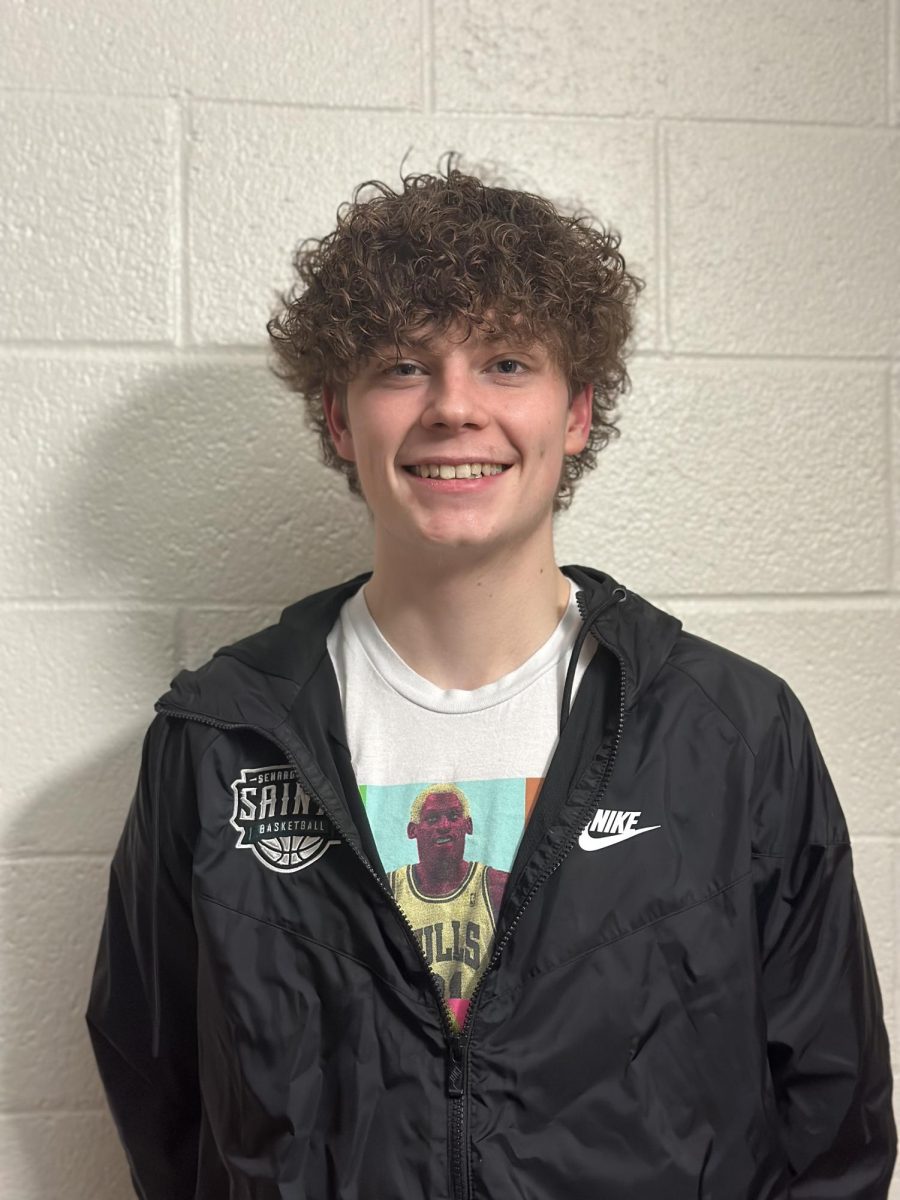
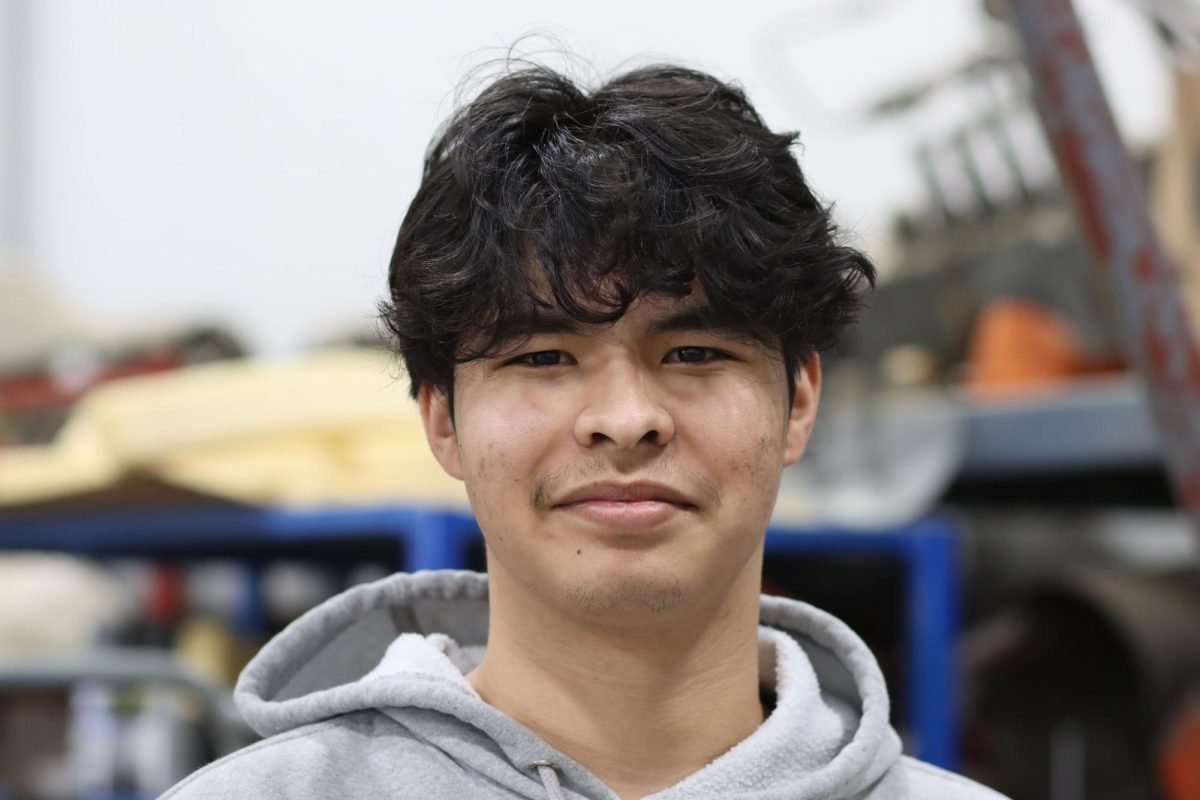
![Marcos Montoya takes a break from working on his personal health from working at the gym. He says “That’s [the gym] my second home, basically. I’m there more than I am at my own house.”](https://crusadernews.com/wp-content/uploads/2023/09/web1UpCloseMarcos1-1200x800.jpg)
